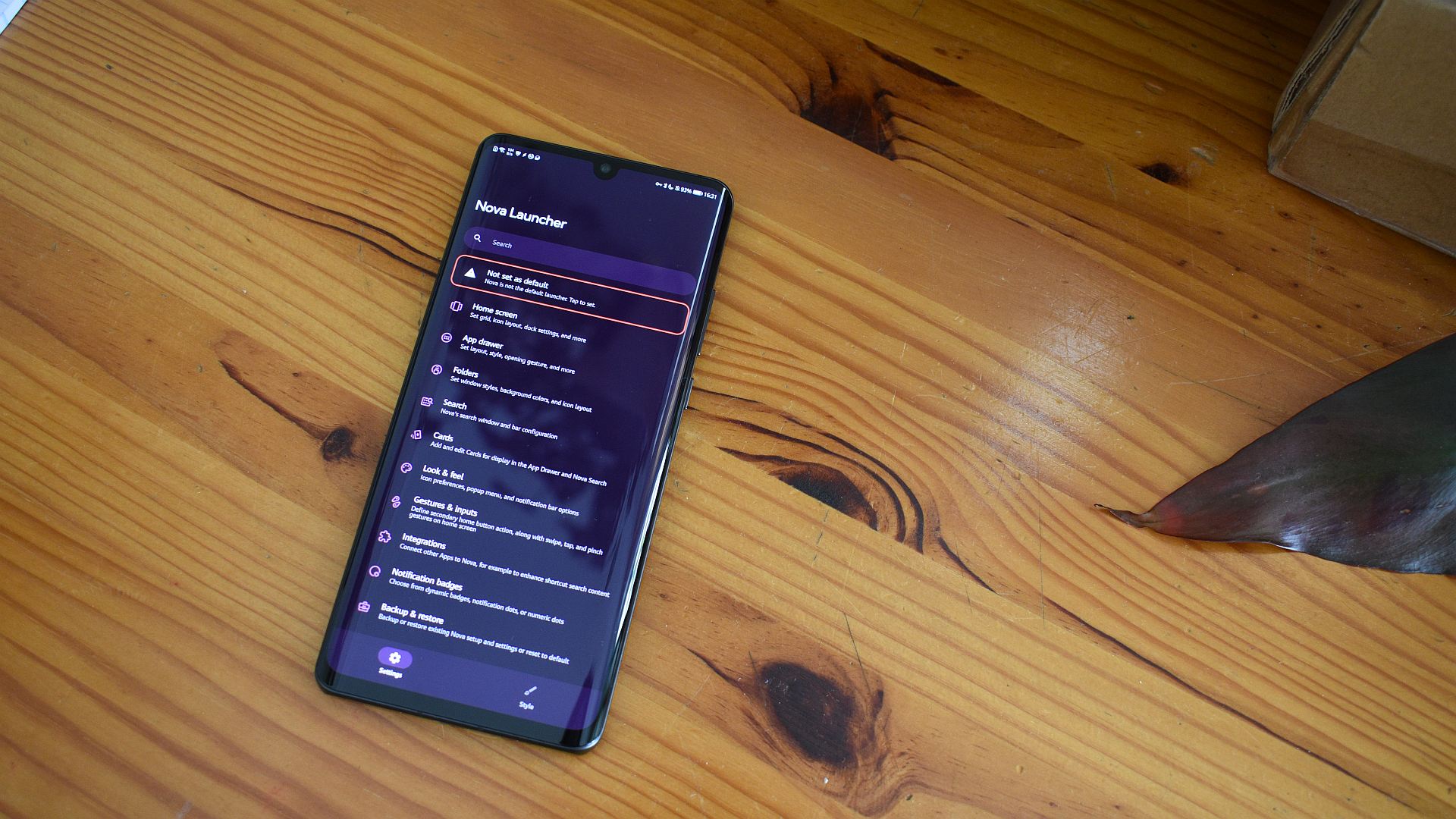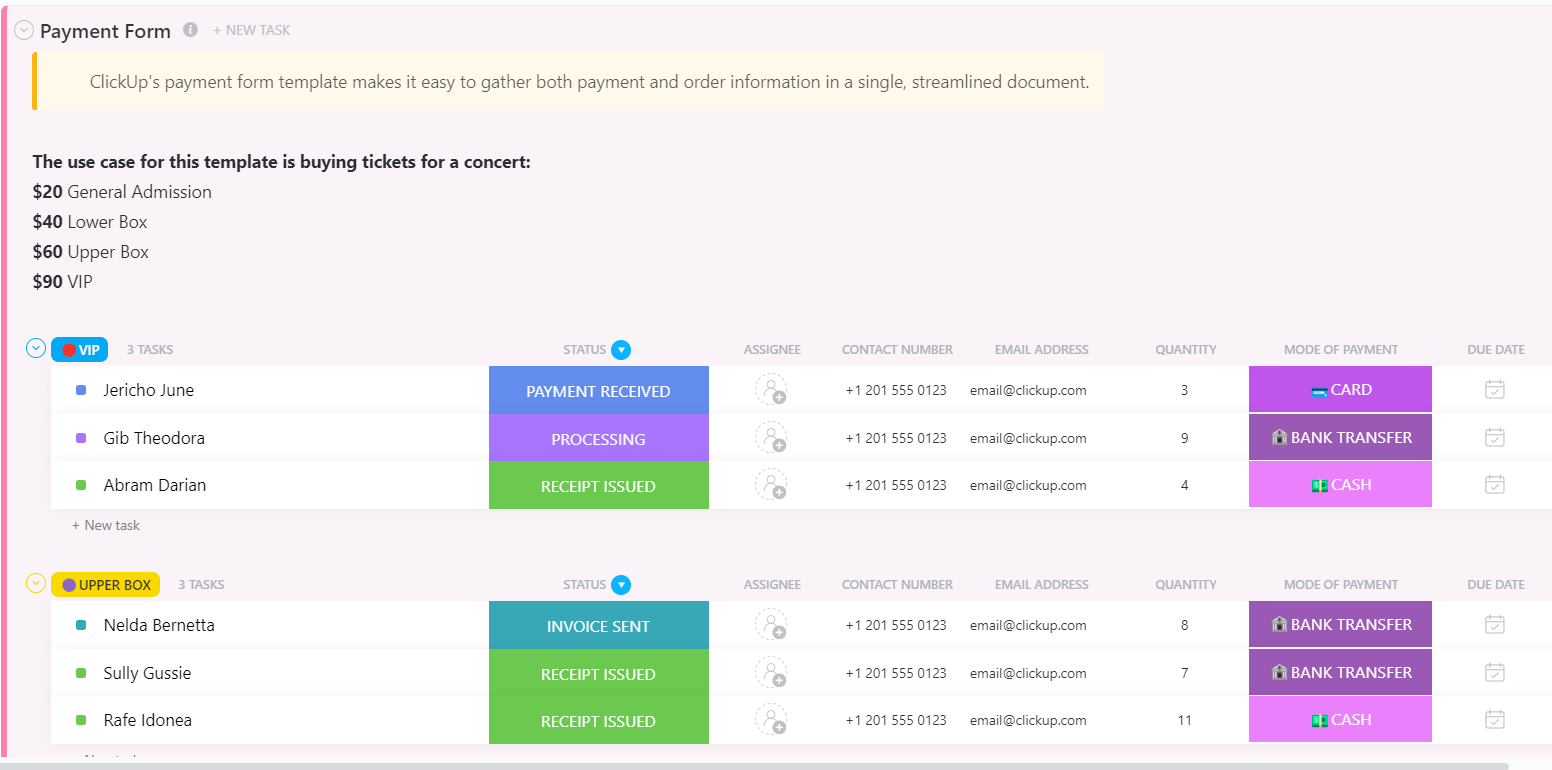Table of Links
Abstract and 1. Introduction
- Background
- Related Work
- MEV Discovery
- MEV Extraction
- Conclusion and References
3 Related Work
As our methodology is focused on profitable opportunity discovery and MEV extraction on FCFS networks, we provide an overview of existing work on these subjects.
3.1 Profitable Opportunity Discovery
The discourse on profit-yielding opportunity discovery on blockchain networks includes a range of works focusing on cyclic arbitrage discovery [18, 17, 12], even with optimal routing [6], sandwiching [19], or more generalized strategies like imitation attacks [13]. Zhou et al. [18] provide an approach utilizing a greedy cycle detection algorithm paired with a gradual increment-based input searching. While they achieve sub-block time runtime, the algorithm is not optimized for efficiently finding an input and maximizing discovered profits as it operates on a limited asset set. Wang et al. [17] focus solely on constant-product markets on UniswapV2[5] and show the consistent existence of greater than 1 ETH opportunities across blocks. Following, McLaughlin et al. [12] conduct a larger scale study and incorporate further market invariants such as UniswapV3 [16], which enables liquidity providers to bound liquidity to a tick range instead of the default full price range as in V2. Their arbitrage discovery study on 5.5 million blocks outputs approximately 4.5 billion potential opportunities. However, they also show that, out of 20.6 million arbitrages which yield over 1 ETH revenue, only 0.51 % of them are successfully executable. In contrast, close to 97 % fail due to reverting or incompatible tokens.
3.2 MEV on FCFS Networks
Carillo and Hu [7] analyze arbitrage MEV extraction on Terra Classic, an FCFS blockchain with fixed gas prices. Their study identifies more than 188 000 arbitrages, and highlights the success of MEV searchers adopting a spamming strategy, involving sending multiple failed transactions for every successful one, to gain latency advantage. They also demonstrate the significance of a searcher’s geographical position in the network for reducing transaction propagation latency and observing an opportunity generating transaction before the others by monitoring 400 000 transactions through their 84 nodes distributed to different locations.
Oz et al. in [20] investigate the applicability of transaction ordering techniques observed in ¨ fee-based blockchains to FCFS blockchains with a focus on Algorand. Their empirical research, detecting 1.1 million arbitrages across 16.5 million blocks, sheds light on MEV extraction approaches under the impact of the FCFS network. Their analysis results show the prevalence of network state backruns among all detected arbitrages, with a uniform distribution to block positions. However, they also reveal that particular MEV searchers profit from top-of-the-block positions, hinting at latency and transaction issuance timing optimizations. Although their on-chain data analysis does not offer new insights into latency games played between searchers and Algorand block proposers, they highlight the use of network clogging as a viable strategy in FCFS networks due to its low cost and show the existence of arbitrage clogs on Algorand.
:::info
Authors:
(1) Burak Oz, Technical University of Munich;
(2) Jonas Gebele, Technical University of Munich;
(3) Parshant Singh, Technical University of Munich;
(4) Filip Rezabek, Technical University of Munich;
(5) Florian Matthes, Technical University of Munich.
:::
:::info
This paper is available on arxiv under CC BY 4.0 DEED license.
:::











